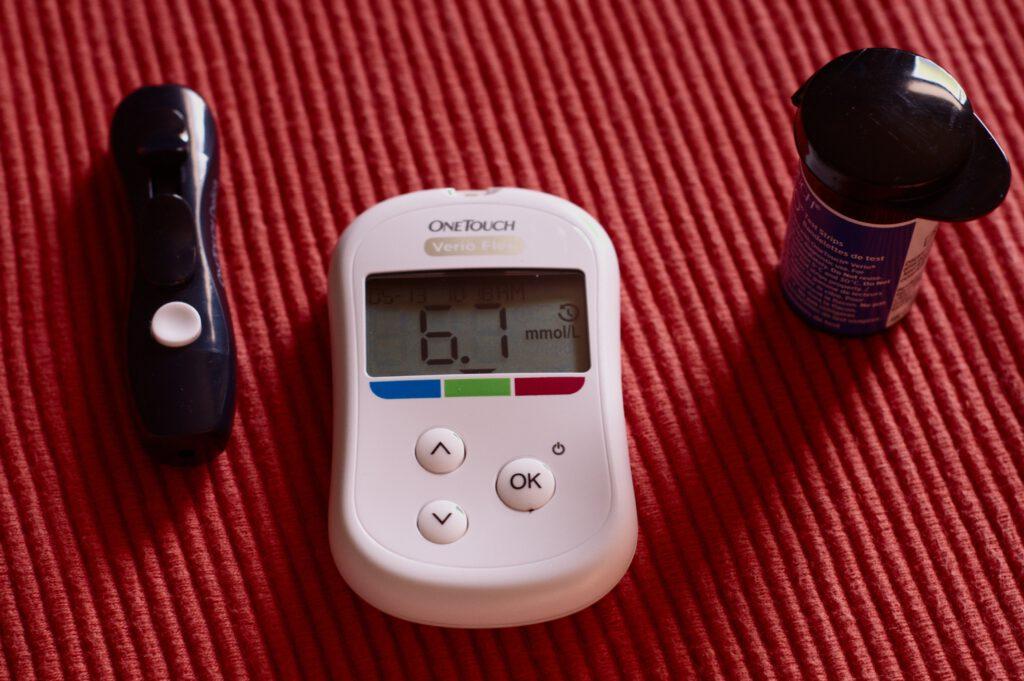In today’s fast-paced world, stress has become an inevitable part of our lives. While a little stress is natural, chronic stress can lead to various health issues, including diabetes and heart problems. Irregular eating habits and stressful routines significantly contribute to the prevalence of physical disorders like diabetes. Consequently, the number of people with diabetes is steadily rising. The wisdom of Ayurveda offers a holistic lifestyle that can help maintain balance and prevent diabetes type 2.
Ayurvedic Support for Type 2 Diabetes
Diabetes mellitus, a chronic metabolic disorder characterized by high blood sugar levels, impacts millions globally. While modern medicine provides effective treatments, Ayurveda offers a complementary, holistic approach to managing this condition.
Nutrition and Diet (Ahara):
Ayurvedic management of diabetes often begins with dietary adjustments. Type 2 diabetes is often viewed in Ayurveda as a Kapha disorder. A Kapha-balancing diet includes light, dry, and sharp foods while reducing greasy, sweet, and salty dishes. Emphasizing complex carbohydrates, such as whole grains, legumes, and foods rich in dietary fibre, helps maintain stable blood sugar levels. Incorporating bitter foods like bitter melon and cucumber is also beneficial due to their blood sugar-lowering properties.
Find out your Dosha. Find out Ayurveda recipes for your Dosha.
To learn about the various alternatives to sugar, check out our complete guide to sugar!
Herbal Remedies (Dravyaguna):
- Bitter melon (Karela): Has hypoglycemic properties that can help reduce blood sugar levels.
- Gurmar (Gymnema Sylvestre): Can reduce the sugar absorption in the intestine and regulate the blood sugar level.
- Neem: Has anti -inflammatory and reducing blood sugar.
- Methi (Bockshorn clover): promotes insulin secretion and improves glucose tolerance.
Oil Massages (Abhyanga):
Regular Ayurvedic oil massages can enhance metabolism and reduce stress, which is crucial for managing diabetes. These massages not only promote physical relaxation but also support the body’s overall metabolic functions.
Cleansing Procedures (Panchakarma):
Panchakarma Ayurveda therapies are used for detoxification. Virechana (therapeutic purging) helps eliminate excess Kapha and regulate metabolism. Basti (medicated enemas) supports detoxification and balances the doshas, contributing to improved metabolic health.
Yoga and Meditation:
Incorporating yoga, Pranayamas and meditation into daily routines can significantly benefit diabetes management. Yoga improves insulin sensitivity and helps control body weight, with specific asanas like Trikonasana, Bhujangasana, and Dhanurasana being particularly effective. Pranayamas, powerful breathing techniques from Yoga, promotes relaxation and aids in managing blood sugar levels, It also has other diverse benefits that vary for each Pranayama. Moreover, meditation reduces stress, helps control anxiety and increases focus and presence in the moment.
Lifestyle Modifications (Vihara):
Ayurveda emphasizes the importance of regular physical activity and stress management. Regular exercise enhances insulin sensitivity and aids in weight management. Stress reduction techniques, such as meditation, are crucial for maintaining stable blood sugar levels. Maintaining a consistent sleep-wake cycle also supports hormonal balance.
Regular Monitoring:
Regular monitoring of blood sugar levels is essential to ensure the effectiveness and safety of Ayurvedic treatments. Collaborating with medical professionals helps integrate Ayurvedic methods with conventional treatments, providing comprehensive care.
Specific Ayurvedic Formulations:
- Nishamalaki: A combination of turmeric and amalaki (AMLA) that has antioxidant and anti -inflammatory properties.
- Chandraprabha Dad: An Ayurvedic tablet that can combine different herbs and help with blood sugar control.
It is important to work closely together with your doctor and your Ayurvedic expert to ensure that Ayurvedic approaches are used safely and in combination with conventional treatments. An individual adjustment of the treatment plan is crucial for the best possible results.
Understanding Diabetes Through Ayurveda
Ayurveda views diabetes, or “Madhumeha”, as an imbalance in the body’s doshas (bioenergies), particularly Kapha and Pitta. This imbalance leads to impaired digestion, metabolism, and pancreatic dysfunction. Ayurvedic practitioners create personalized treatment plans by understanding an individual’s constitution (prakriti) and identifying underlying imbalances. This approach recognizes that diabetes is not just a blood sugar issue but a manifestation of systemic imbalances.
How Diabetes Develops
When we eat, our digestive system converts food into glucose, which enters the bloodstream. The hormone insulin helps transport glucose into our cells. In diabetes, the body either doesn’t produce enough insulin or can’t use it effectively, causing glucose to accumulate in the blood instead of being used by the cells. Type 2 diabetes, the most common form, involves insulin resistance where body cells do not respond to insulin properly.
Ayurvedic Insights into Diabetes Causes
The large increase in diabetes across the world can be attributed to several factors:
- Genetic Predisposition: Family history of diabetes increases the risk.
- Obesity: Excess weight is a major risk factor.
- High Cholesterol and Hypertension: These conditions increase the likelihood of developing diabetes.
- Stress and Fatigue: Excessive physical and mental stress can trigger diabetes.
- Diet: High sugar intake, irregular eating habits, and junk food consumption contribute to diabetes.
- Hydration: Insufficient water intake increases diabetes risk; coffee and sugary drinks don’t count as hydration.
- Lack of Exercise: Regular physical activity is essential to prevent diabetes.
More general information about Diabetes available.
Information about Diabetes Typ 1 available.

